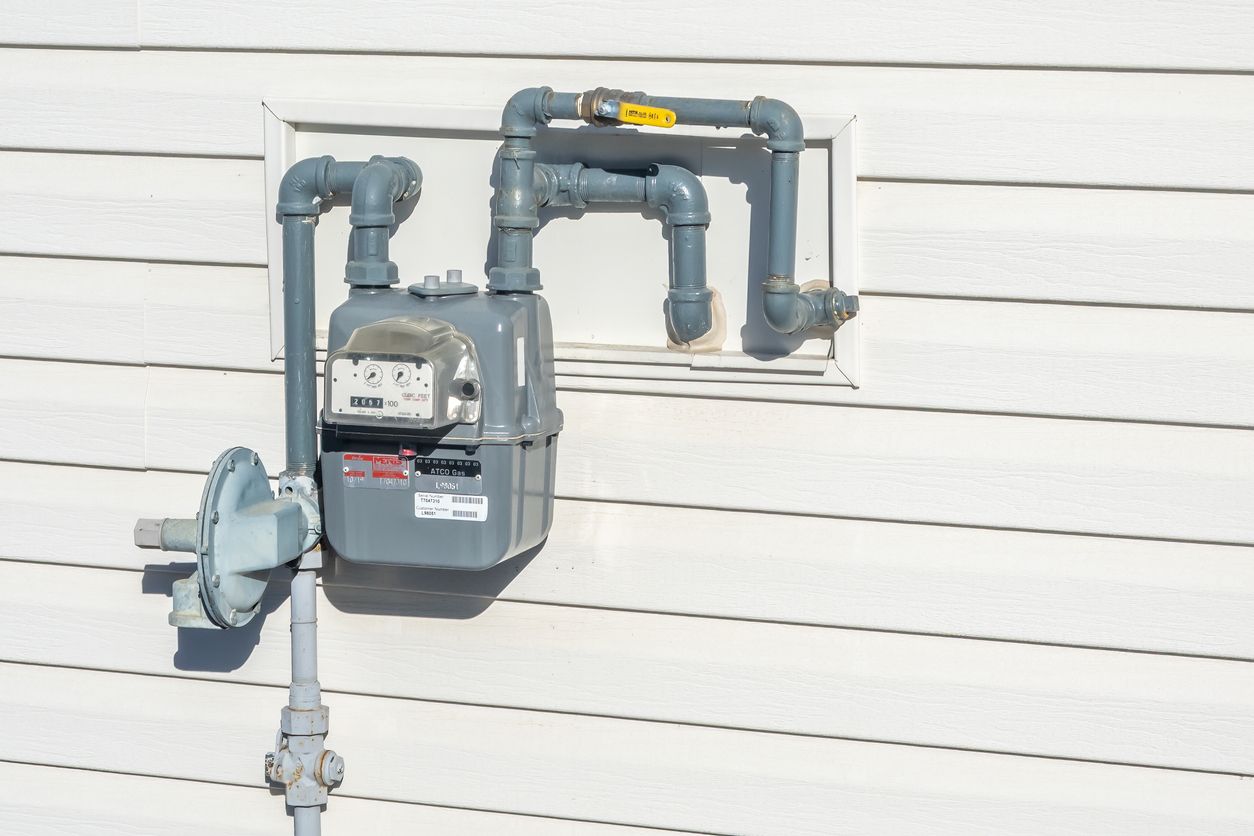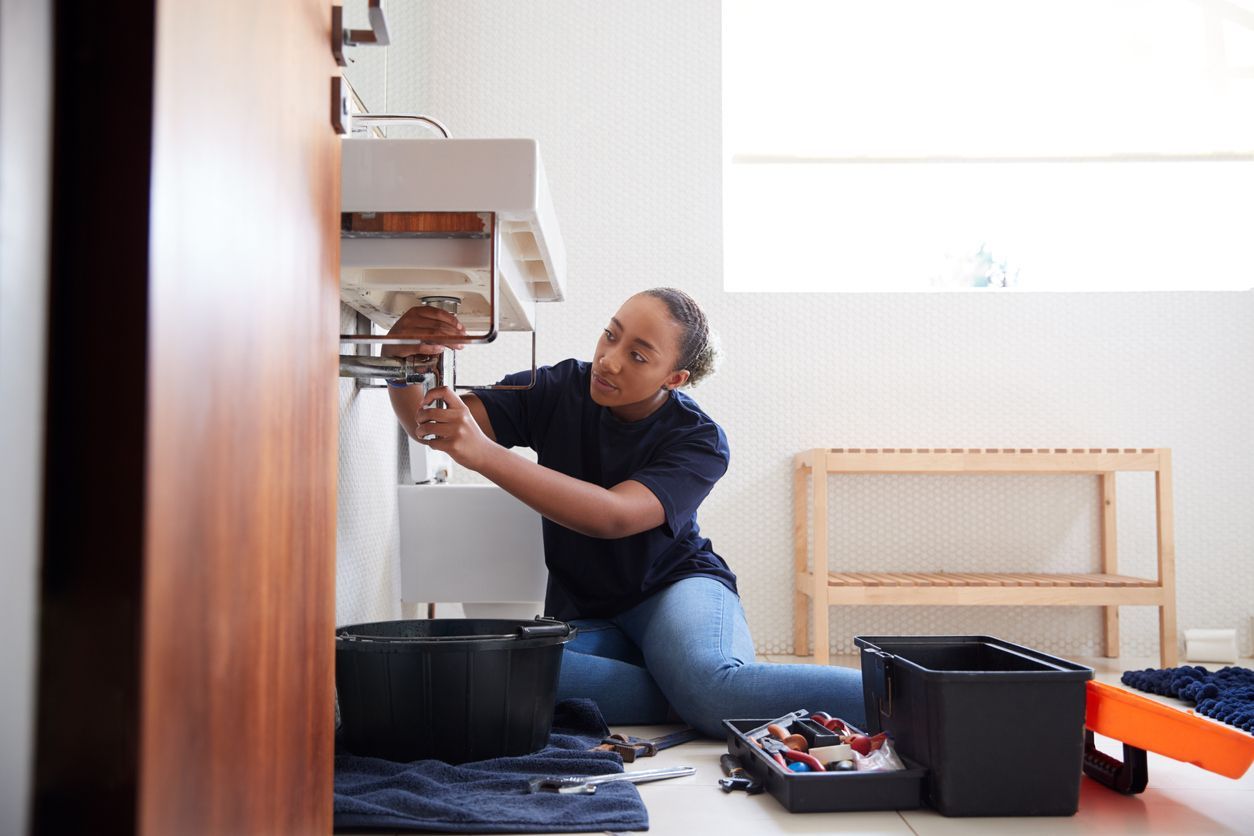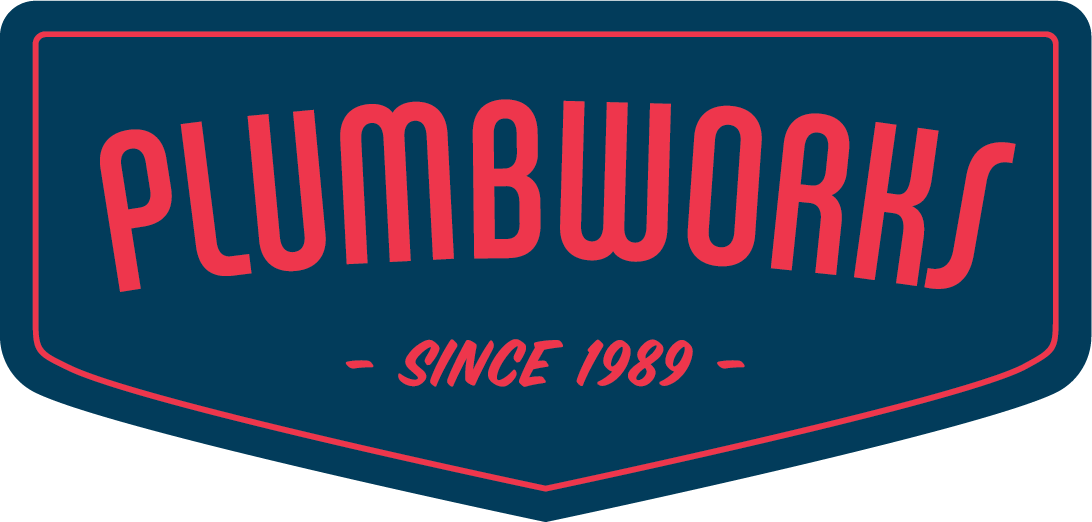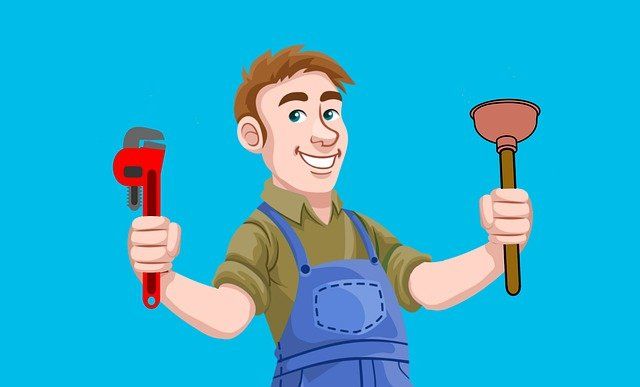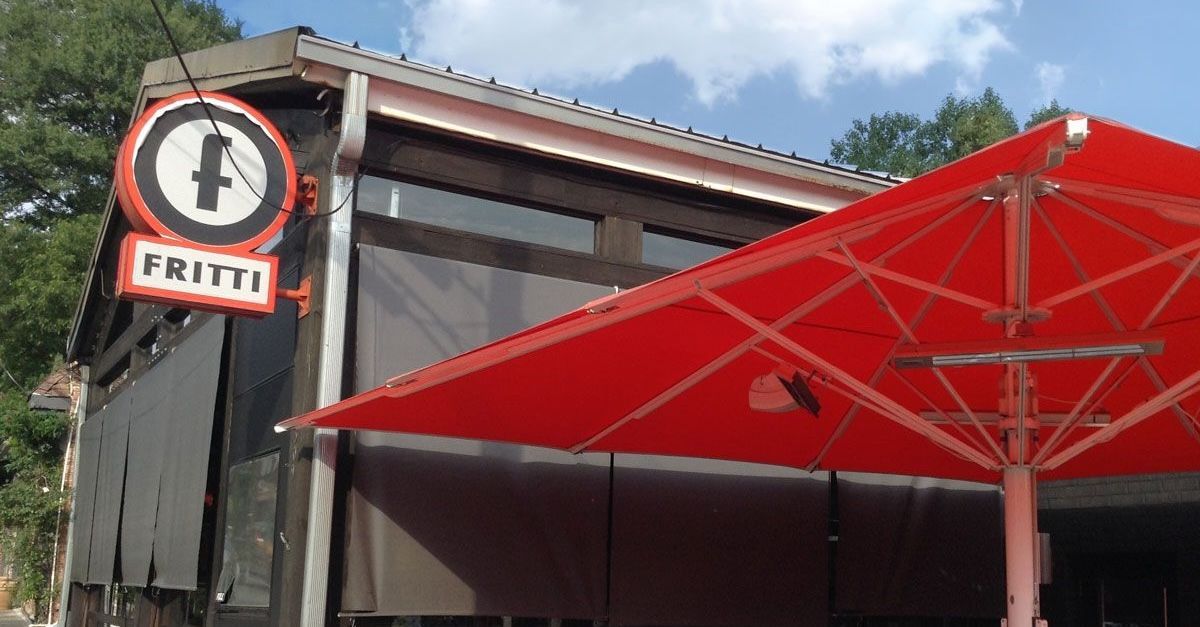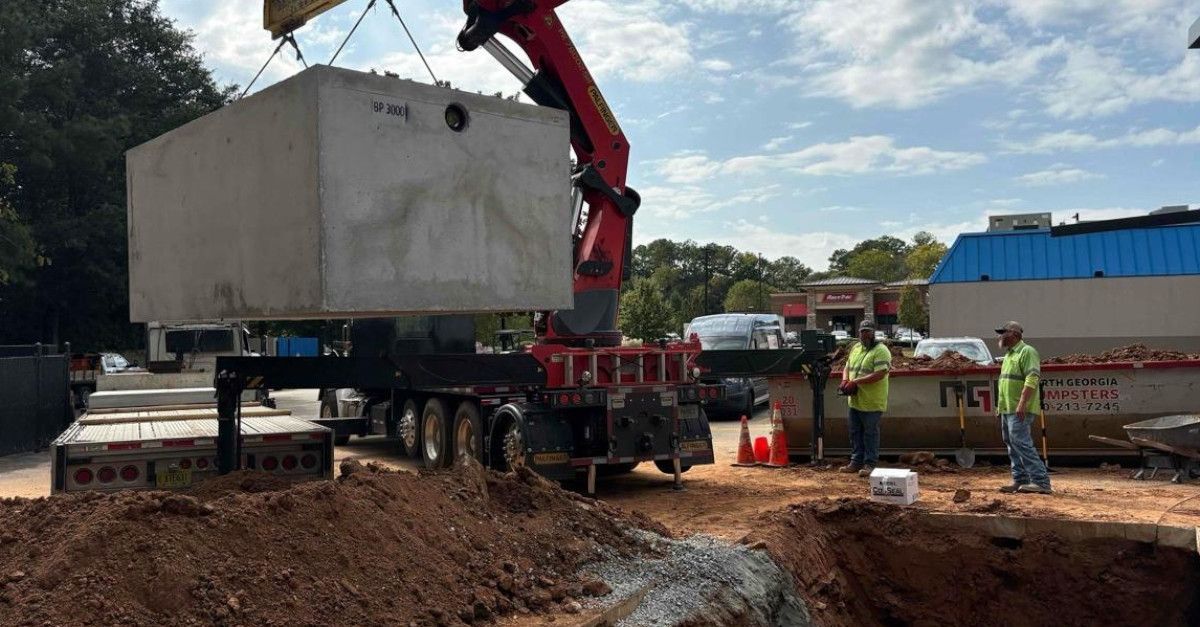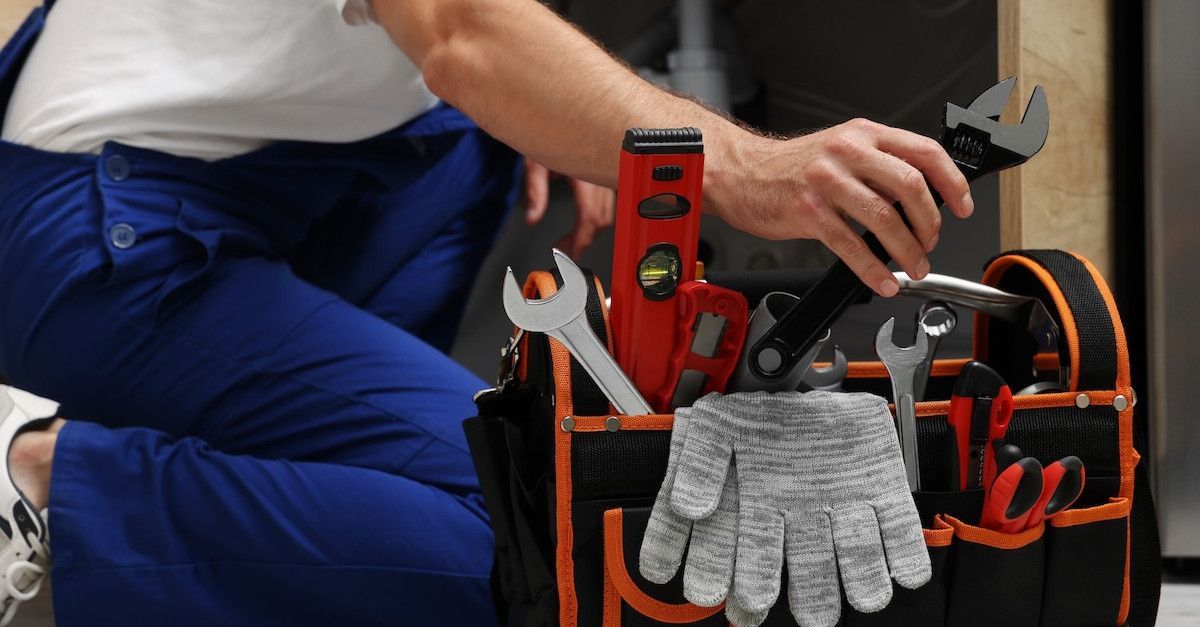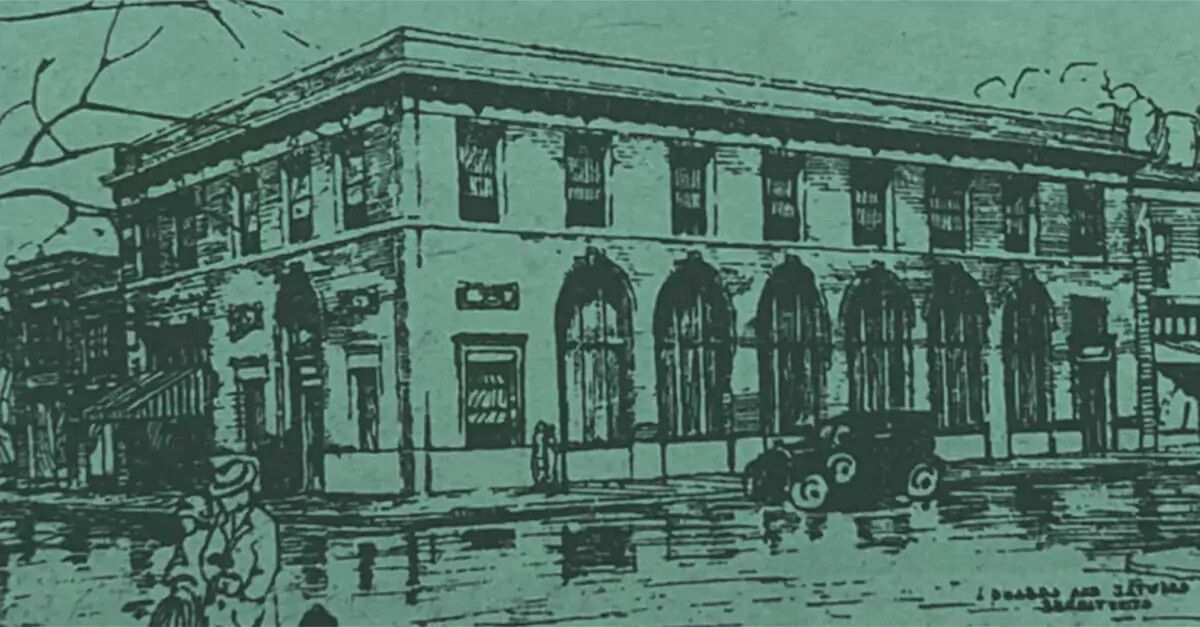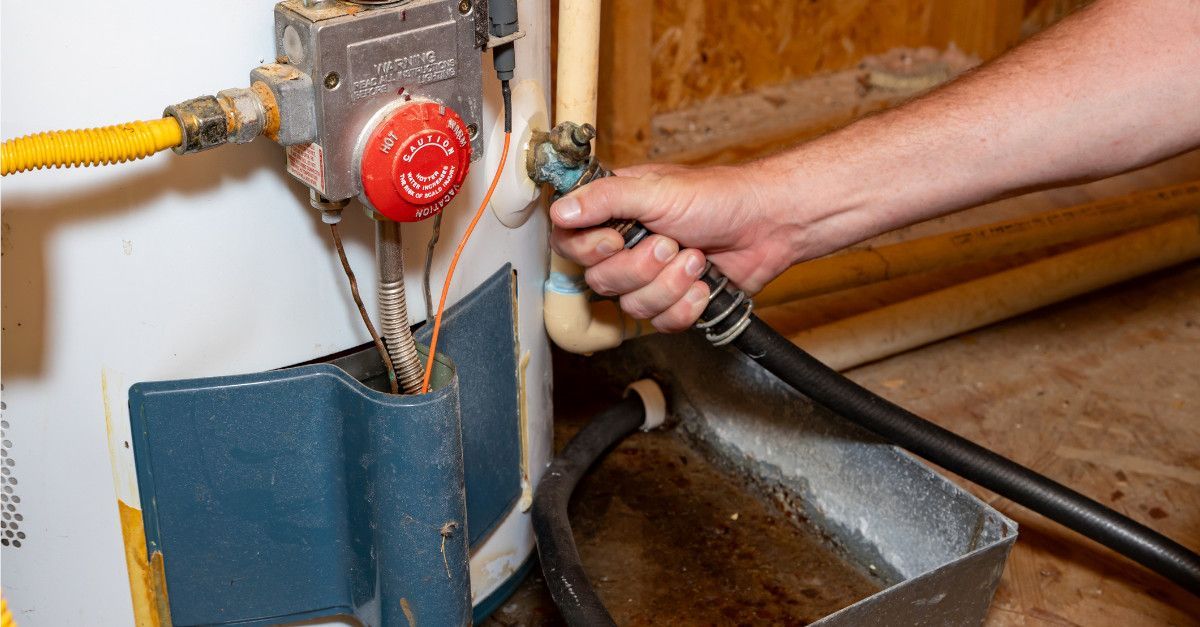The Plumber’s Journey: The Stages of Plumbing Jobs
Plumbing is a hands-on, technical field which anyone can benefit from. With plumbing jobs, there’s no need to worry about the future, because the demand for plumbers is continuously increasing every year. Their specialized skills are always needed in order to keep our homes and buildings running smoothly.
Something that draws people to plumbing jobs is that you can learn an honest trade with plenty of job perks, and make decent money too. This secure and rewarding career choice has room for everyone in it. For those who are interested in plumber work, we are going to dive into plumbing jobs and how plumbers advance in their career.
Plumbing Career Choice
The job of a plumber involves the regulation of water, gas, and waste in and out of homes or buildings. Plumbers can be called to inspect, repair, or replace pipes, lines, and plumbing systems. They can also identify any issues regarding these systems, and are trained to use the equipment necessary to handle the problem. Through their experiences, plumbers will face an array of problems in their career and learn more about how each must be fixed. In this field, you will always be improving through practice.
As they are related to the flow of water and waste, plumbers are also knowledgeable on the installation of many appliances and devices such as water heaters, filtration systems, sump pumps, and faucets. In addition to these services, many businesses will also do repairs, pipe cleaning, and hydro jetting. The exact services provided and whether they do commercial plumbing is determined by the company and skills of their plumbers.
Why You Should Consider Plumbing Jobs
The benefits of plumbing jobs start at the very beginning when you first start down the path. Because it is a technical career, no long and expensive degree is required. In fact, many people can become plumbers without any student loan debt at all. Still, out of this inexpensive education you will have the chance to make a good salary, receive job benefits, and advance in your career.
The more experience you have under your belt, the more opportunities that will open up. After becoming a master plumber, the highest licensing available, you may be able to start your own business or work wherever you desire. Overall, many are happy with the choice of plumbing because they have the satisfaction of helping others. Plumbing is a favorable choice for today’s workforce.
Plumber Training
To become a plumber takes learning from the ground up. There are many companies out there such as Plumb Works which offer plumber apprenticeship programs to get you started. No prior plumbing experience or knowledge is needed to enter into this program. You’ll learn the trade through online or classroom teaching, combined with the proper hands-on instruction needed to succeed.
At this stage, you are considered a plumbing apprentice and are only at the start of your journey. Plumber apprentice jobs are the opportunity for quality training without a pricey education. At Plumb Works, being a plumber apprentice will even get you paid. The hourly wage starts around $15, with the opportunity for raises.
How to become a plumber apprentice
To get started, you’ll first need to find somewhere which offers a plumber apprenticeship and then apply. For those in the Atlanta area, Plumb Works is a wonderful place to begin as a plumber. You’ll have the chance to learn everything about the field without prior experience. Plumber training will pave the way for your future plumbing career by providing you with a strong foundation. It will allow you to eventually become a journeyman plumber and get other jobs down the line.
Journeyman Plumber: The Next Level
After your full apprenticeship has been completed is when you are given the chance to become a journeyman plumber. Journeyman plumbers have finished their apprenticeship and will be doing more complex work. They are past the stage of initial learning and will now be learning only on the job while gaining experience. There are always new problems to encounter in the field and overcome, so growth is guaranteed.
To advance to this level of plumbing in Georgia, you are required to have been an apprentice for 3 years. Then, you must pass the journeyman plumber test. This will grant you your journeyman plumber license. Being licensed will surely open up a plethora of journeyman plumber jobs to you.
The Final Stage: Master Plumber
After advancing to the next stage, you are considered to be a master plumber. Master plumbers are capable of doing advanced plumbing jobs such as redoing an entire system of pipes. Being so experienced, master plumbers are permitted to supervise journeymen or train an apprentice. Though the journey to master plumber is a long one, you will make more money, have plenty of job choices, and could start your own business.
How to become a master plumber
Master plumbers have all started at the bottom and worked their way through every phase: Apprentice, journeyman, and finally master. By this point, you will have mastered every plumbing subject and be capable of advanced plumbing procedures. You no longer need the guidance of another, but can give the guidance yourself.
To be recognized by the state as a master plumber, you will need to earn your master plumber license. After 5 years of on the job training you are eligible to take the master plumbing exam. After you pass this test, you will be on your way to becoming a seasoned master of your trade. However, it will take as many as twenty years to truly master all there is to know in the plumbing industry.
Plumbing Jobs Near Me
Plumb Works is now hiring in plumbing job positions. Our company has been providing high-quality plumbing services to Atlanta and its surrounding cities for over 30 years. Any hard worker is welcome to join our team. We are looking for any experienced plumbers, whether you are a journeyman or master. To begin a rewarding career at Plumb Works, you can fill out your employment application online today.


